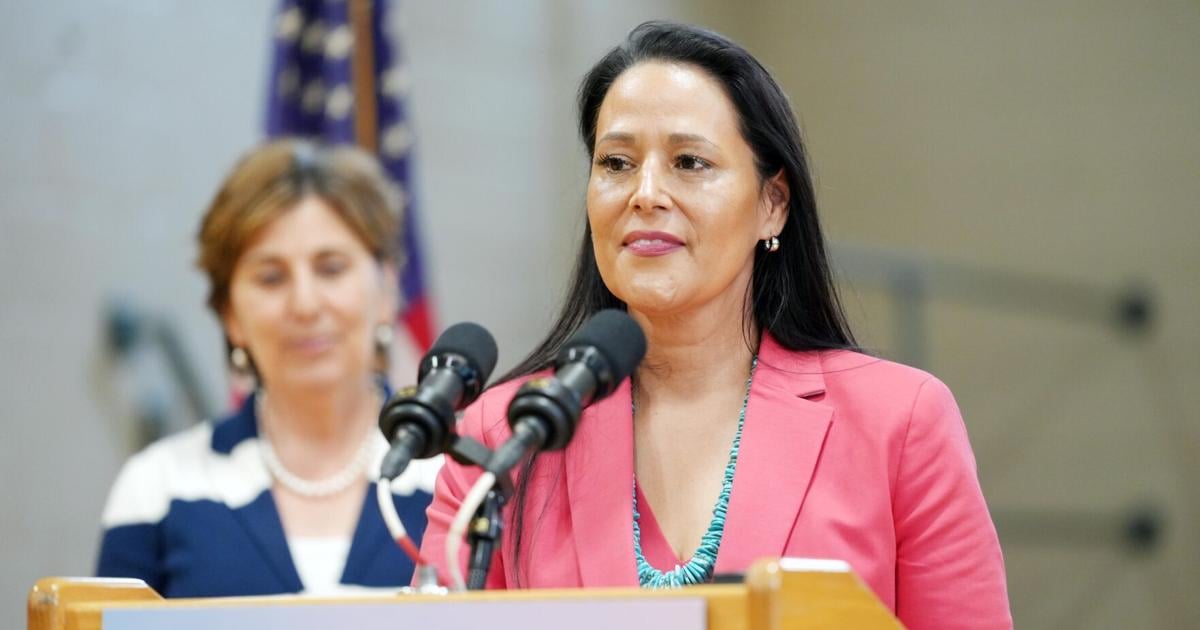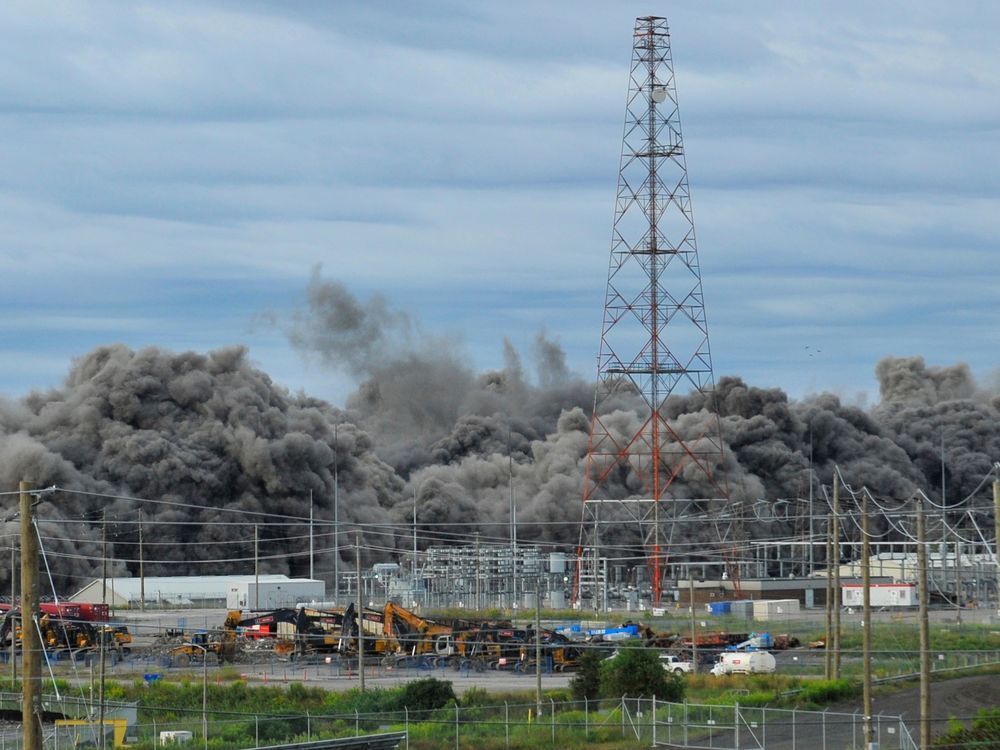With its recent national census and long-overdue parliamentary elections in the Kurdistan Region, Iraq is secure and stable despite the obstacles it faces, the senior United Nations official in the country told the Security Council today as speakers expressed concern over proposed changes to the country’s Personal Status Law and its impact on women and children.
“Today’s Iraq is not the same as the Iraq of 20 years ago, or even five years ago,” said Mohamed al Hassan, Special Representative of the Secretary-General and Head of the United Nations Assistance Mission for Iraq (UNAMI), briefing the 15-member organ for the first time and presenting the latest Secretary-General’s reports on key developments in the country since May (document S/2024/844) as well as on progress on the issue of missing Kuwaiti and third-country nationals and Kuwaiti property (document S/2024/857). “A major milestone was the successful conduct of the national census on 20 November, which I had the opportunity to watch live together with the Prime Minister,” he said, pointing out that preliminary results from the first census to include the Kurdistan Region since 1987 indicate a doubling of the population in 30 years to more than 45 million people. “Decision makers will now be able to plan based on reliable facts and figures,” he said.
On the security front, despite the region “on fire”, Iraq’s Government has shown resolve in staying out of the widening regional conflict while standing firm as a strong voice for regional peace and stability, he continued, citing Prime Minister Mohammed Shia’ Al Sudani’s consistent calls for an end to regional tensions. Turning to the Kurdistan Region of Iraq, he noted that parliamentary elections took place after two years of negotiations and delays, re-establishing the legitimacy of the Region’s institutions. With 2 million people casting their votes, voter turnout reached 72 per cent,…











